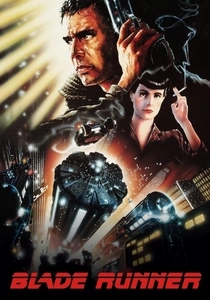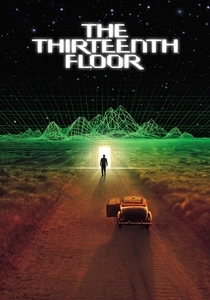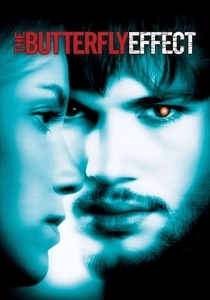Delve into the fascinating realm of science fiction where reality and memory intertwine in unexpected ways. These films explore the concept of false memories, challenging our perceptions of truth, identity, and reality. Whether it's through advanced technology, psychological manipulation, or otherworldly phenomena, these movies offer a thrilling journey into the psyche, making us question what we know about our own memories. Here are ten films that will take you on a mind-bending adventure.

Blade Runner (1982)
Description: Set in a dystopian future, "Blade Runner" follows Rick Deckard (Harrison Ford), a "blade runner" tasked with hunting down bioengineered beings known as replicants. The film raises questions about memories, humanity, and what it means to be alive, especially when replicants are implanted with false memories.
Fact: The film's director, Ridley Scott, has stated that Deckard himself is a replicant, adding another layer of ambiguity to the film's exploration of memory and identity.
 Watch Now
Watch Now 
Total Recall (1990)
Description: In this classic sci-fi thriller, Douglas Quaid (Arnold Schwarzenegger) undergoes a memory implant procedure at Rekall Inc., only to discover that his entire life might be a fabrication. The film delves into the theme of false memories, questioning the nature of reality and identity.
Fact: The film was based on Philip K. Dick's short story "We Can Remember It for You Wholesale." The original script had a much darker ending, which was changed for the theatrical release.
 Watch Now
Watch Now 
Dark City (1998)
Description: John Murdoch (Rufus Sewell) wakes up with no memory and discovers he has the ability to alter reality. The film explores themes of identity, memory, and the manipulation of reality by mysterious beings known as the Strangers.
Fact: The film's visual style was heavily influenced by German Expressionism, particularly Fritz Lang's "Metropolis."
 Watch Now
Watch Now 
The Matrix (1999)
Description: Although not directly about false memories, "The Matrix" explores the concept of a simulated reality where humans are unknowingly trapped in a virtual world. The idea of memories being part of this simulation challenges the characters' understanding of their own past and reality.
Fact: The film's concept of "The Matrix" was inspired by various philosophical ideas, including Plato's Allegory of the Cave and the concept of simulated reality from cyberpunk literature.
 Watch Now
Watch Now 
The Thirteenth Floor (1999)
Description: This film explores a virtual reality where characters can live out their fantasies. When the creator of this world is murdered, his protégé must navigate through layers of reality and false memories to uncover the truth.
Fact: The film is loosely based on the novel "Simulacron-3" by Daniel F. Galouye, which also inspired the German film "World on a Wire."
 Watch Now
Watch Now 
Memento (2000)
Description: Leonard Shelby (Guy Pearce) suffers from anterograde amnesia, unable to form new memories. He uses notes, tattoos, and Polaroids to track down his wife's murderer, but the reliability of his own memories is constantly in question.
Fact: The film's narrative structure is unique, with scenes presented in reverse chronological order, mirroring Leonard's condition.
 Watch Now
Watch Now 
The Butterfly Effect (2004)
Description: Evan Treborn (Ashton Kutcher) discovers he can travel back in time to inhabit his former self's body, altering his past to change the present. However, these changes often come with unintended consequences, exploring the idea of how memories shape our lives.
Fact: The film's ending was changed multiple times due to test audience reactions, with several alternate endings available on the DVD release.
 Watch Now
Watch Now 
Eternal Sunshine of the Spotless Mind (2004)
Description: This film explores the emotional and ethical implications of erasing memories. Joel (Jim Carrey) and Clementine (Kate Winslet) undergo a procedure to erase each other from their memories, only to find that their love story is more complex than they thought.
Fact: The film was shot in reverse order to capture the essence of memory erasure, starting from the end of the relationship and moving backward.
 Watch Now
Watch Now 
Inception (2010)
Description: Christopher Nolan's "Inception" revolves around the concept of entering dreams to plant an idea in someone's subconscious. The film delves into the manipulation of memories and the thin line between dreams and reality.
Fact: The film's dream sequences were inspired by various sources, including the works of Salvador Dalí and the concept of lucid dreaming.
 Watch Now
Watch Now 
Strange Days (1995)
Description: In a near-future Los Angeles, a black market exists for recorded memories. Lenny Nero (Ralph Fiennes) deals in these "clips," but when he gets a recording of a murder, he's drawn into a conspiracy that challenges his understanding of reality.
Fact: The film was co-written by James Cameron, who also came up with the concept of recording and experiencing memories.
 30 Days Free
30 Days Free 








